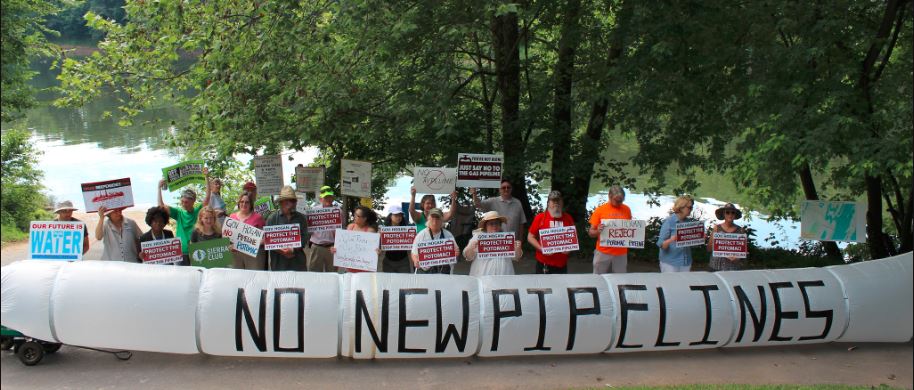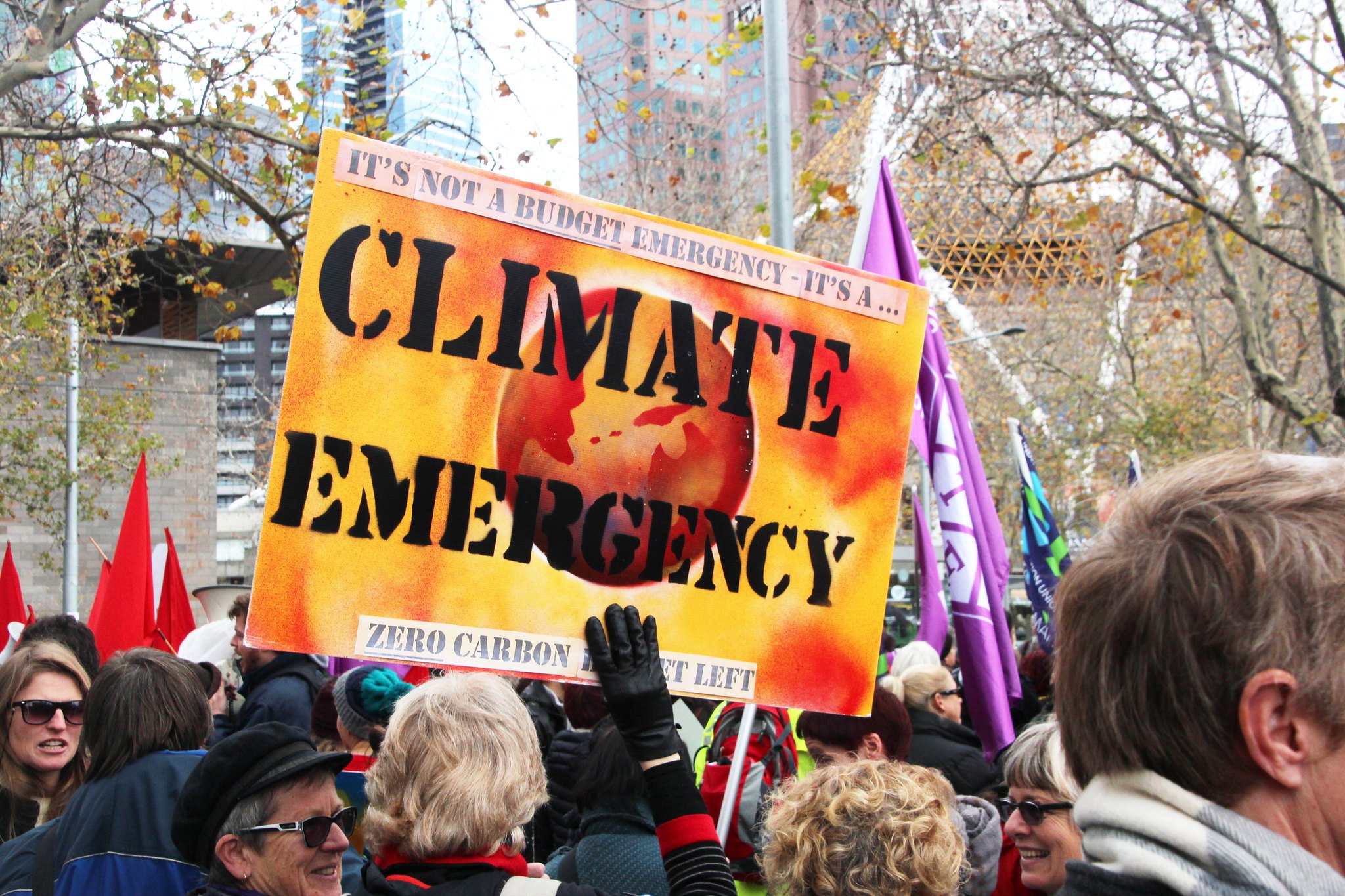While other states and cities are moving away from powering homes and buildings with gas—a potent climate pollutant—Maryland Governor Larry Hogan plans to spend $6.5 million this year in his effort to “kick-start” a gas expansion across Maryland. This $6.5 million is a portion of the $30 million his Administration can spend on expanding gas infrastructure after he negotiated the terms of a settlement allowing a Canadian company to acquire a local gas supplier.
Among the projects his Administration is backing: a new, 11-mile pipeline providing gas to two state-run facilities on the Eastern Shore. In repowering these state facilities, the Hogan Administration foreclosed the possibility of any other type of energy source by only requesting applications for gas. The government should be leading the way towards zero-emission buildings, especially when it comes to state facilities, not putting its thumb on the scale for gas.
“Natural” gas is primarily made up of methane, an extremely potent greenhouse gas. It’s 86 times more potent than carbon dioxide at trapping heat in the atmosphere. Methane leaks during production and transportation and gas heaters themselves are inefficient. As a result, a leading scientist concludes that it may actually be better for the climate to heat your home with coal or oil than with gas. In an era of rapid climate change, we cannot wait to replace all of these polluting fossil fuels with electricity powered by clean sources like wind and solar.
According to the U.S. Department of Energy, electric alternatives exist for all major energy end uses in buildings. Space heating, water heating, and cooking account for the vast majority of direct fuel usage. Electric technologies exist, and are in use today, that can supply all of these end uses.In 2017, Hogan signed a ban on fracking for gas in Maryland, saying that his administration had “concluded that possible environmental risks of fracking simply outweigh any potential benefits.” Since signing that ban, however, the Hogan Administration has continued to call gas “a bridge fuel” and has worked consistently to kick-start a gas expansion across the State.


